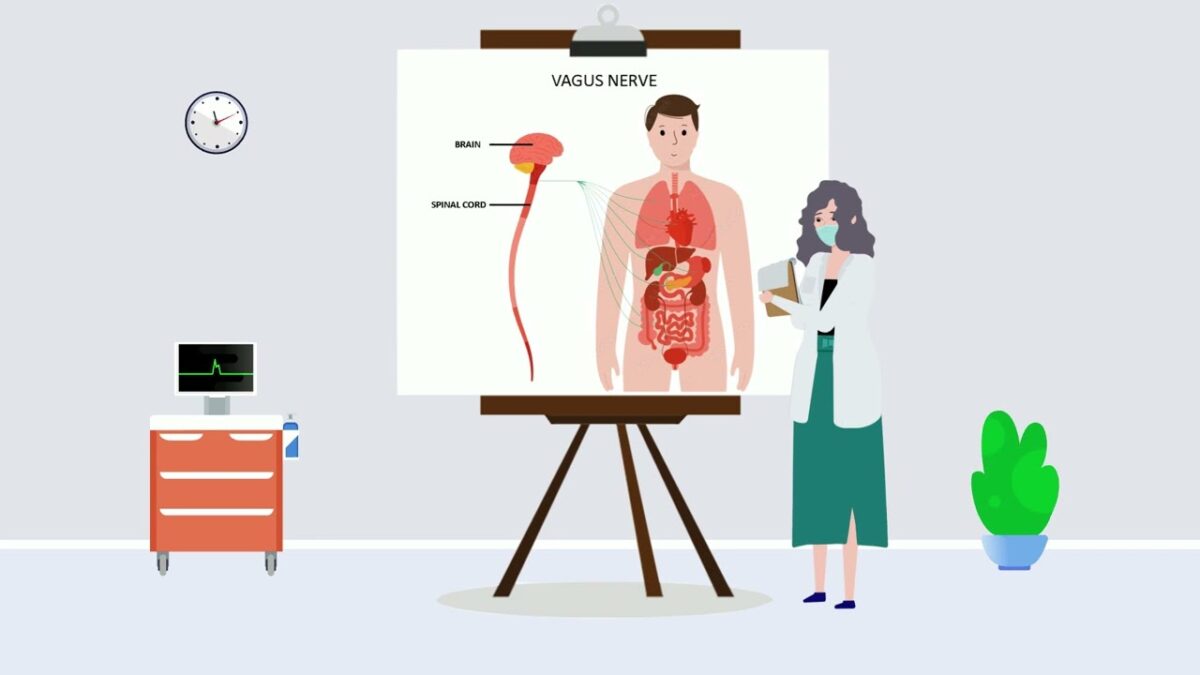
Roemheld Syndrome – Symptoms, Diagnosis, and Treatments
What is Roemheld Syndrome?
Roemheld Syndrome, also known as gastrocardiac syndrome is a group of cardiovascular symptoms triggered by gastrointestinal abnormalities. Roemheld Syndrome is also known as Roemheld-Techlenburg-Ceconi syndrome or gastric-cardia. Although it is currently regarded as an outdated medical diagnosis, recent research has shown comparable clinical presentations and highlighted potential underlying mechanisms for Roemheld Syndrome.
What are the symptoms of Roemheld or Gastrocardiac syndrome?
The most common symptoms reported by patients are listed below:
-
- Slow heart rate or Sinus Bradycardia
- Chest tightness
- Rapid heart beat (Tachycardia)
- Irregular heart beat (Arrhythmia)
- Dizziness
- Difficulty in breathing
- Cramping of muscles
- Palpitation
- Panic attack
- Depression
- Anxiety
- Blood pressure fluctuations
- Lightheadedness
Is there a cure for Roemheld Syndrome?
So far there is no conclusive treatment for Roemheld Syndrome. Treatment is usually done by managing the symptoms. Depending on the symptoms, the following medications are prescribed:
- To help regulate mobility in the GI tract and the vagus nerve, anticonvulsants like Lorazepam and Oxcarbazepine are often advised
- To raise blood pressure, anticholinergics or magnesium/sodium supplements are advised
- To increase motility and regulate heart rate, alpha and beta blockers have proven effective
- Antacids can help with acid reflux
How is Roemheld Syndrome diagnosed?
Diagnosing Gastrocardiac Syndrome is not easy. Since most of the symptoms are related to heart conditions, most patients with the syndrome visit a cardiologist first. The cardiologist will try to find the root cause and might order tests such as an EKG, cardiac CT, cardiac MRI, slope test, Echocardiogram and other blood work. However, if it is due to gastrocardiac symptoms, the heart conditions will be ruled out.
Some patients are also advised to take psychological examinations to rule out any signs of depression or anxiety.
Roemheld Syndrome is best diagnosed in symptomatic patients by performing ultrasounds, endoscopies and colonoscopies. The presence of a gastrointestinal problem can be detected through these tests. Also, a combination of X-rays and EKGs have shown accuracy in diagnosis. Though Roemheld Syndrome is considered redundant currently, the marked improvement in cardiac conditions after treating gastric problems, confirms its validity.
Can Digestive Issues Cause Heart Flutters?
Digestive disorders can cause palpitations. This can happen due to simple indigestion, a gastroesophageal reflux disease like GERD or gallstones. The symptoms may include:
- A pounding heart beat
- A very fast heart beat
- The heart skipping a beat or few
- Heart flutters
Most of these heart palpitations are not related to serious heart problems and as discussed above, happen due to digestive issues.
Takeaway
Heart palpitations may present as a racing heart rate or the heart skipping a few beats. Though the milder symptoms can be treated at home, it is recommended to see a medical professional if the symptoms are severe and persistent.
The milder symptoms can be treated at home with relaxation techniques like yoga, deep breathing and meditation. It helps bring down the stress level thus minimizing palpitations. Reducing or cutting off stimulants such as caffeinated products, alcohol, tobacco has also shown to reduce palpitations.
The vagus nerve connects the brain to the heart. Palpitations can also be reduced by stimulating the vagus nerve. Massaging the neck, taking a cold shower, splashing cold water or placing a cold, damp towel on the face can be helpful in this regard. However, these procedures should only be done after speaking to a professional.






